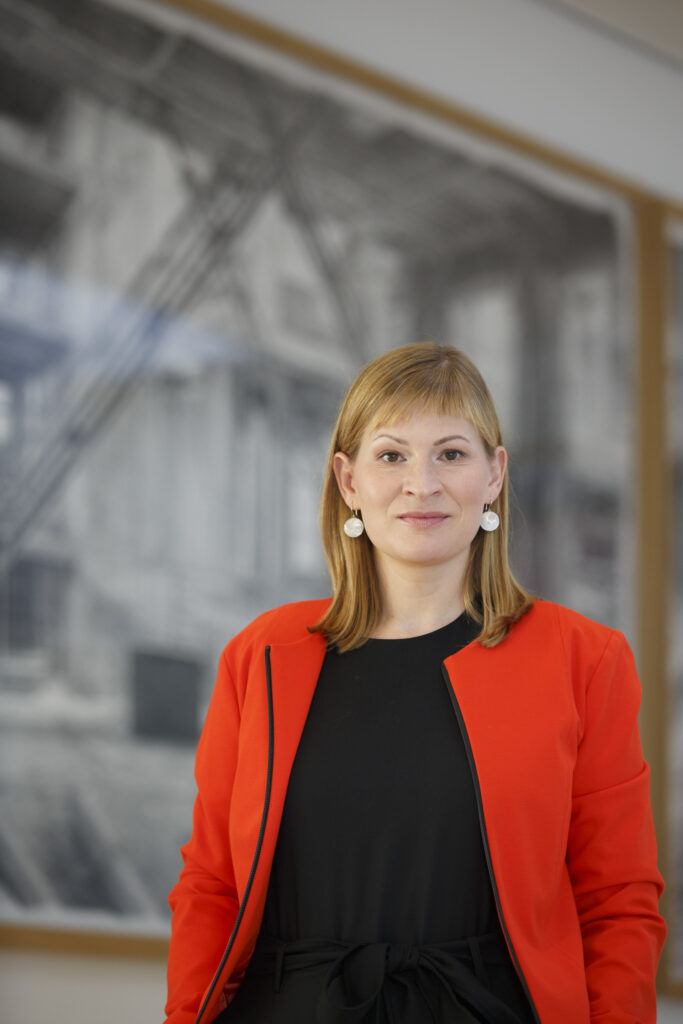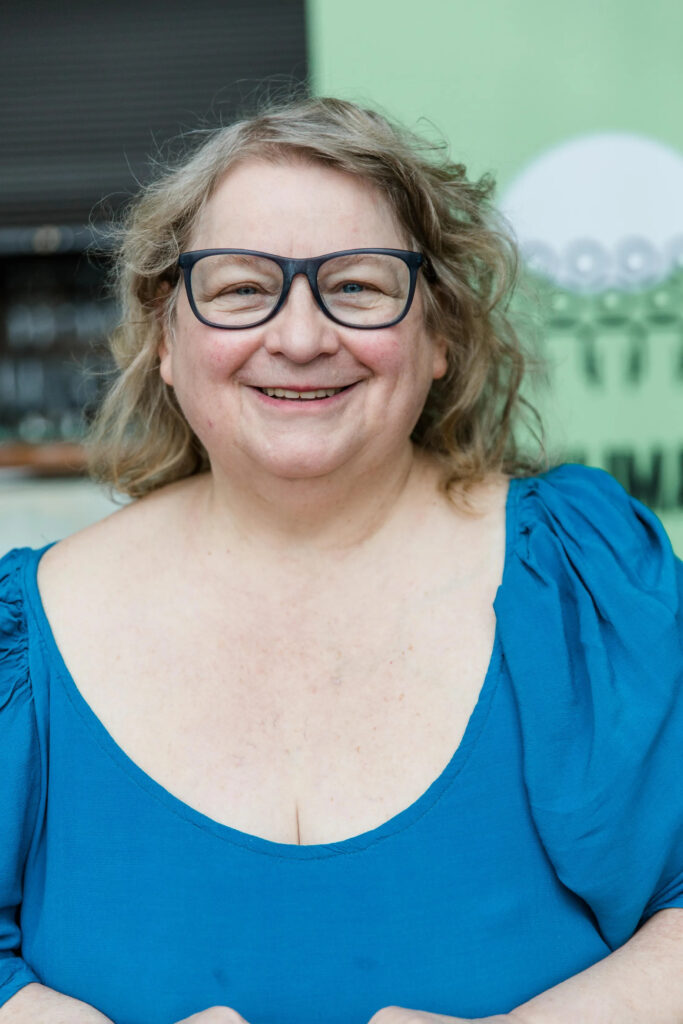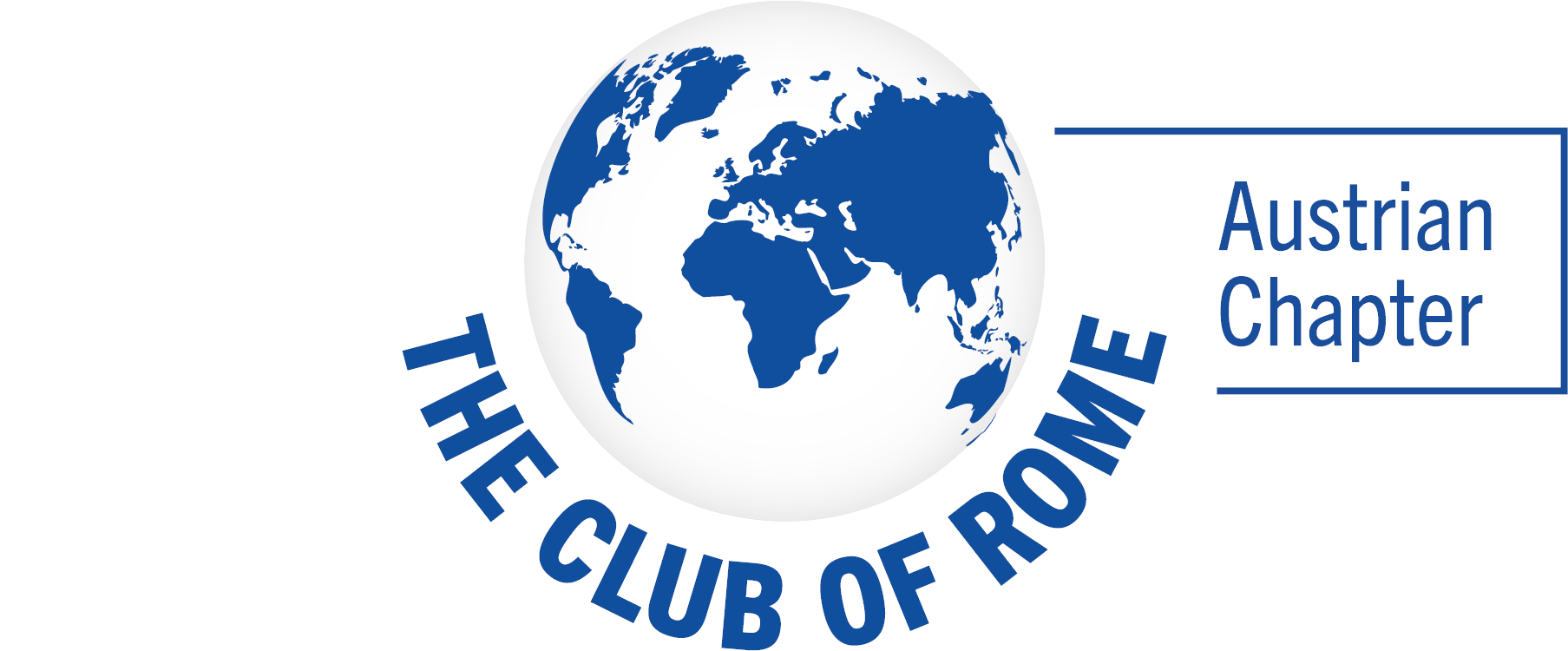Our speakers and panelists next Friday promise an event with numerous different perspectives on the topic of empowerment. The focus will be on more stable societies, gender equality in leadership positions and a new conceptualization of education as well as diverse social power relations that we need to look at and whose dynamics need to be understood and, if necessary, changed.
First two keynotes are in English! Please register (🔗at the bottom of this page or via 🔗Eventbrite).
Keynote I: Earth4all and Gender Equity: The place of Women Empowerment in Building Better, Strong and Resilient Societies
(Lecture will be held in English!)

Jane Kabubo-Mariara is Professor of Economics (University of Nairobi), Executive Director (ED) of the Partnership for Economic Policy (PEP)
A respected economist with many years of experience in research and policy advice in the areas of poverty reduction, agricultural development and environmental protection, she is a member of The 21st Century Transformational Economics Commission of the Club of Rome and in this role contributed to the recent report to the Club of Rome Earth4All.
She also leads the PEP (Partnership for Economic Policy) network in East Africa and plays a key role in promoting evidence-based policy making and supporting researchers in the region. PEP plays a key role in the national implementation of Earth4All in Kenya.
Jane is actively working to provide policy makers and development organizations with high quality research evidence to promote sustainable change in East Africa.
Keynote II: Empowerment for a Sustainable Future: Bridging Education and Equality
(Lecture will be held in English!)

Univ.-Prof.in Dr.in Zoe Lefkofridi, Professor of Politics & Gender, Diversity & Equality, Paris Lodron University Salzburg
https://www.plus.ac.at/politikwissenschaft/fachbereich/mitarbeiterinnen/lefkofridi-zoe
In her keynote, Zoe Lefkofridi will address the link between empowerment and environmental sustainability within the Earth4All framework, highlighting two key policy levers for empowerment: gender equality in leadership positions and a reconceptualization of education. Despite significant progress in gender equality in recent decades, women in Austria are still underrepresented in positions of power and decision-making, both in the political arena and in leadership positions in various sectors. This inequality drastically limits the diversity of perspectives and experiences in decision-making processes in the field of sustainability. In addition to structural barriers, such as lack of access to resources, networks and mentoring opportunities, the gender imbalance in leadership and politics in Austria reflects deeply ingrained societal norms. Stereotypes and prejudices about gender roles and abilities continue to shape perceptions of women’s suitability for leadership positions.
Zoe Lefkofridi is University Professor of Politics & Gender, Diversity & Equality at the Department of Political Science at the University of Salzburg. This professorship of political science represents and promotes gender studies in research and teaching and constitutes the first professorship for gender studies at PLUS and in the Salzburg higher education area. Lefkofridi researches and teaches on democracy, diversity, and equality, focusing on the causes and consequences of unequal political participation and representation. Lefkofridi coordinates the consortium of the project PUSH*BACK*LASH (Horizon Europe) and is member of the consortium of the project ACTEU (Horizon Europe) where she also co-chairs the Working Package 8 (Representation). Lefkofridi is affiliated with the European Governance and Politics Programme of the Robert Schuman Centre for Advanced Studies (RSCAS) of the European University Institute (EUI) in Florence. She is the editor of “Political Participation” in the new gold open access journal “Frontiers in Political Science” and co-editor of the series “Politics and Democracy in the Smaller Countries of Europe”, NOMOS Publications.
Keynote III: Empowerment from an enforcement perspective
(Lecture will be held in German!)

Prof. Dr. Ulrich Brand, Professor of International Politics at the Department of Political Science at the University of Vienna
https://politikwissenschaft.univie.ac.at/ueber-uns/mitarbeiterinnen/brand
“Empowerment” is a widely used term to strengthen the competences to act of weaker groups. Broad education and the corresponding institutional requirements are considered to be an important instrument for this. Normative points of reference are usually the establishment of fair social conditions and the achievement of sustainability goals. Alliances between politics and civil society are often seen as important moments of innovation.
“My thinking is that we need to look at a variety of social power relations, understand their dynamics and, if necessary, change them. This requires empowerment in a very comprehensive sense. In a new book, we propose the concept of “transformative cells”. Following on from and critically examining the “Earth4All” report, the keynote will briefly explain what this means for Austria and the EU. The aim is to prepare a dialog.” (Ulrich Brand)
Ulrich Brand has been teaching and researching as Professor of International Politics at the Department of Political Science at the University of Vienna since 2007. After studying business administration with a focus on tourism, he studied political science and economics at the University of Frankfurt/M, where he completed his doctorate in 2000 with a thesis on the role of non-governmental organizations in international environmental policy. He was an expert member of the German Bundestag’s Enquete Commission “Prosperity, Growth, Quality of Life” from 2011-2013, is a member of the Board of Trustees of the Institut Solidarische Moderne, co-editor of “Blätter für deutsche und internationale Politik” and of the editorial advisory board of “Tagebuch. Zeitschrift für Auseinandersetzung”. He is a co-founder and board member of “Diskurs. The Academic Network”.
His book, written with Markus Wissen, was recently published „Kapitalismus am Limit. Öko-imperiale Spannungen, umkämpfte Krisenpolitik und solidarische Perspektiven“
🔗https://www.oekom.de/buch/kapitalismus-am-limit-9783987260650
🔗Here you can find a review in the “Süddeutsche Zeitung”
Panel discussion: How can the levers of the turnaround empowerment (of women) be implemented in Austria?
(in German!)
The discussion will be held by:
MinR. Mag. Claudia Chwala, MEd, Head of Department – Equality and Diversity Management, Federal Ministry of Education, Science and Research

Univ.-Prof.in Dr.in Zoe Lefkofridi, Paris Lodron Universität Salzburg ©privat
For more about the person see above.

Eva Burger, Head of Women and Family Department, Vienna Chamber of Labor ©Lisi Specht
She is an expert in diversity and equal opportunities with a focus on gender and the labor market. Before joining AK, Eva Burger worked as a management consultant, in the public sector and for a global NGO.

Elfriede Schuh, Member of the Austrian Climate Council ©Association of the Austrian Climate Council of Citizens
She describes herself as an environmental, human rights, democracy, peace and women’s activist. She has been involved with these issues her whole life.
“For me, these issues are firmly and inextricably linked. I was delighted that chance had “chosen” me to be a member of the ‘Klimarat’. I had already dealt with citizens’ councils beforehand and wrote to candidates before the National Council elections asking whether they would campaign for citizens’ councils after the elections. So I was hugely motivated and partly demotivated again, as I felt I had too little opportunity to get involved in the first two weekends. Climate justice doesn’t work without social and global responsibility.” (Elfi Schuh)
Moderation

Claudia Michl, Head of the office of the Climate Change Centre Austria (CCCA) ©CCCA
She is responsible for strategic and scientific coordination and planning. She coordinates the work of the CCCA Board, the General Assembly and organizes the strategic partnerships.
To the event website:
https://www.clubofrome.at/en/events/event-17may2024-turnaround3-empowerment/
